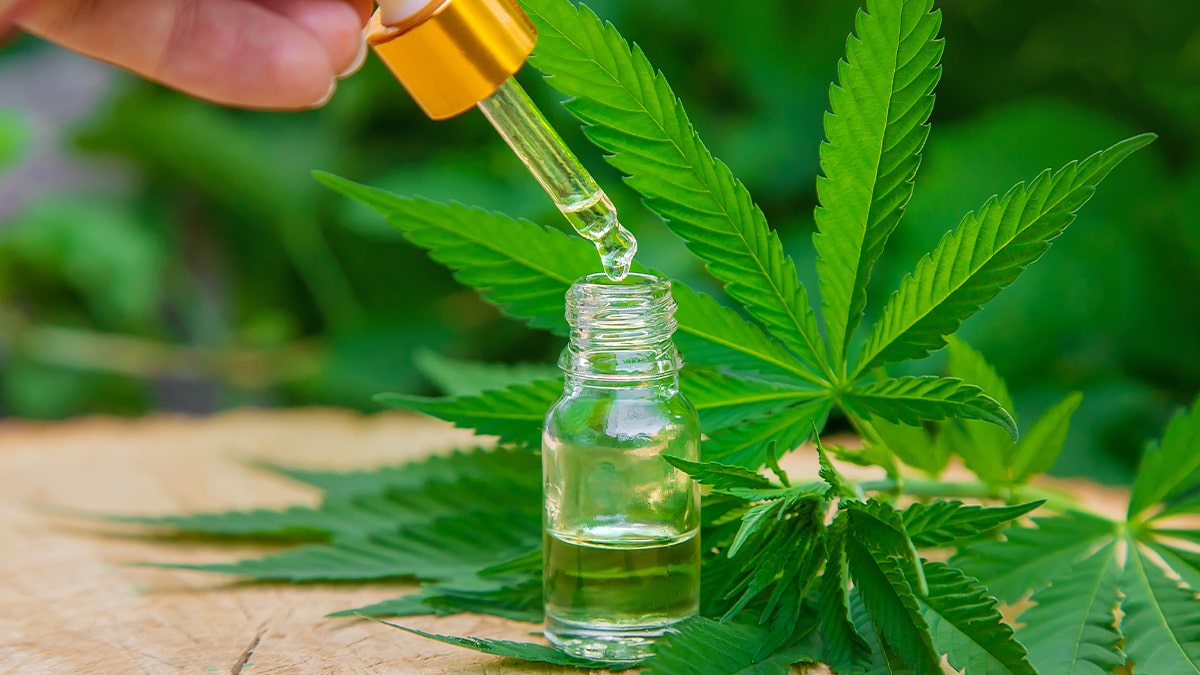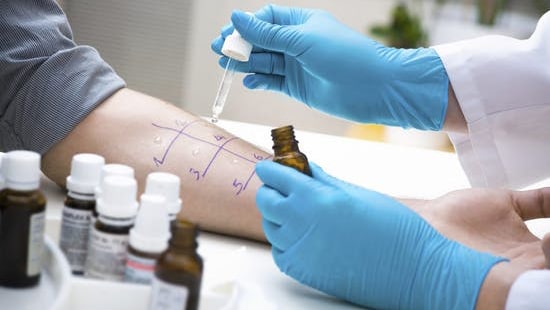
Allergy to cannabis
Cannabis allergy is a condition that can affect people who are sensitive to the components of cannabis. This specific reaction is generally harmful to the body, affects the immune system, and can become chronic. During such a reaction, the immune system attempts to neutralize foreign elements, which manifests itself in redness, rashes, or itching.
Basic information about cannabis allergy
How an allergic reaction to cannabis manifests itself depends directly on the characteristics of the human body. The first sign of an allergy is usually redness of the skin, itchy eyes, sneezing, and a runny nose. In some cases, mild intolerance may occur with rashes, redness of the face, and difficulty breathing. These symptoms should be taken seriously, as they cannot be ignored — measures must be taken in a timely manner.
The effect of marijuana on people with allergies is particularly pronounced when the drug is smoked. When smoked, the herb enters the lungs, which affects the immune system and provokes the onset of the disease with renewed vigor. The harm lies in the fact that cannabis affects the entire body, causing stress to the immune system, which affects resistance to infections, and can also cause other diseases that manifest themselves on the skin, in the respiratory tract, and on the mucous membranes.
In this way, marijuana allergy is the body's reaction to a substance that is used for recreational or medicinal purposes. During such an allergic reaction, a person experiences discomfort, which affects their quality of life, ability to work, and psychological well-being. During the course of the disease, addiction may also develop, which affects psychological and physical health as a whole..

Symptoms of cannabis allergy
Symptoms of cannabis allergy manifest themselves differently depending on the characteristics of the human body. During the course of the disease, the immune system tries to neutralize the allergen, which manifests itself in redness, rashes, and other unpleasant reactions. In most cases, the first sign of an allergy indicates that the body is fighting foreign substances.
How does an allergic reaction to cannabis manifest itself? Most often, symptoms appear immediately after contact with cannabis — when smoking, inhaling smoke, or even just touching the leaves. The effect of marijuana on allergy sufferers can vary, but it always affects a person's quality of life. The harm lies in the fact that the herb provokes persistent symptoms, which affect the immune system and can develop into a chronic disease.
The main symptoms of cannabis allergy:
- Initial reaction — redness of the eyes, itching in the nose, sneezing, skin rashes.
- Mild allergic reaction — runny nose, itching in the larynx, redness of the skin on the face, rash.
- Worsening of the condition — difficulty breathing, coughing, stinging eyes, redness of the conjunctiva, itching all over the body.
Severe hypersensitivity reaction — may progress to anaphylactic shock with a sharp drop in blood pressure, loss of consciousness, and life-threatening consequences..

Is it possible to cure cannabis allergy?
Can cannabis allergy be cured? This is a question that concerns many patients with this type of reaction. An allergic reaction is generally harmful to human health, affects the immune system, and can develop into a chronic disease. This disease can also lead to addiction, which affects psychological and physical well-being.
Treatment begins with completely giving up cannabis and avoiding any contact with it — even smoke, dust, resins, and other products containing this herb. With this approach, the symptoms of the disease decrease, which improves the person's quality of life. Your doctor may also recommend medications to help manage your symptoms, such as antihistamines, corticosteroids, nasal drops, or ointments.
Can marijuana allergy be completely cured? In most cases, the process involves eliminating the symptoms, but not the cause of the disease itself. A person should avoid triggering factors, carefully monitor their health, and strengthen their immune system with vitamins, a healthy lifestyle, diet, and avoiding harmful habits, including smoking..


